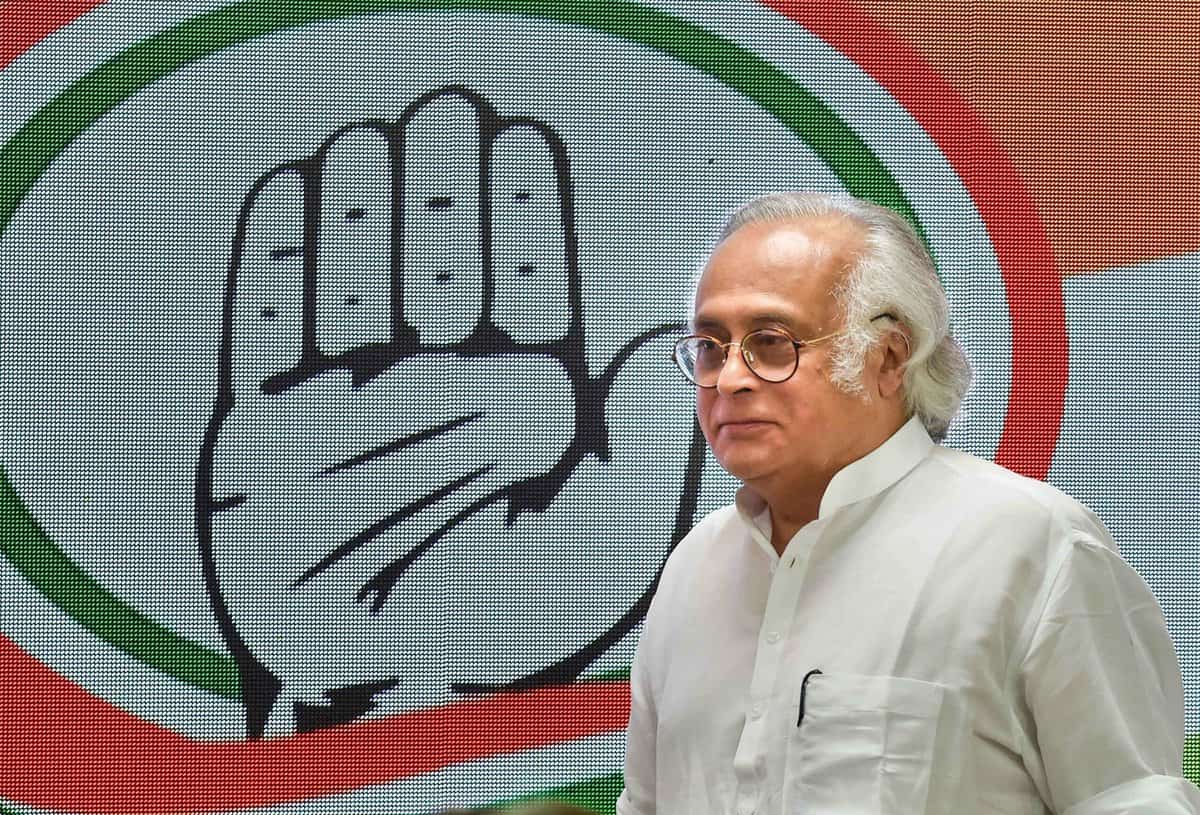
New Delhi: The Congress has questioned the Central government’s silence on the issue of Chinese transgressions.
Congress General Secretary Jairam Ramesh on Sunday said, “There are reports that Chinese intrusions have become bigger and more frequent in the Eastern Sector. Previous governments had the confidence to take journalists and MPs to the front in 1965, 1971 and Kargil 1999. Even Doklam was discussed in the Parliamentary Standing Committee on Defence. What is the PM hiding from the people of India? Why is he running away from a discussion?”
He said after two years of a protracted “disengagement” what emboldened the Chinese to try and take over the Indian post in the Yangtse area of Tawang? India has dominated Yangtse since Late Prime Minister Rajiv Gandhi deployed forces there in 1986 during the Sumdorong Chu confrontation. And, “How have the Chinese dared to open a new front?” he asked.
Ramesh alleged that after 16 rounds of military-level talks, the Chinese remain ensconced 18 km deep in Depsang. Indian patrols are unable to access hundreds of square kilometres of territory in this critical strategic area.
“Why do critical gaps in our capabilities persist despite a rising China threat? The Indian Air Force chief has stated on the record that he is 12 squadrons short of the desired fighter strength of 42 squadrons. While the UPA ordered 6 Scorpene submarines, Project 75I for 6 more submarines faces repeated delays. Army recruitment under the Agnipath Scheme has sharply dropped,” he asked.
The Congress leader asked, “Some time ago the Prime Minister expressed brotherhood and closeness for President Xi Jinping and described the relationship as ‘plus one’.
“You said that Xi ne ‘adhyayan karake rakha tha akhir Modi cheez kya hai’. Is China’s renewed aggressiveness the result of such a close study? Could it be, as you said in 2013, ‘The problem is not at the border, the problem is in Delhi’.?” Ramesh said.



